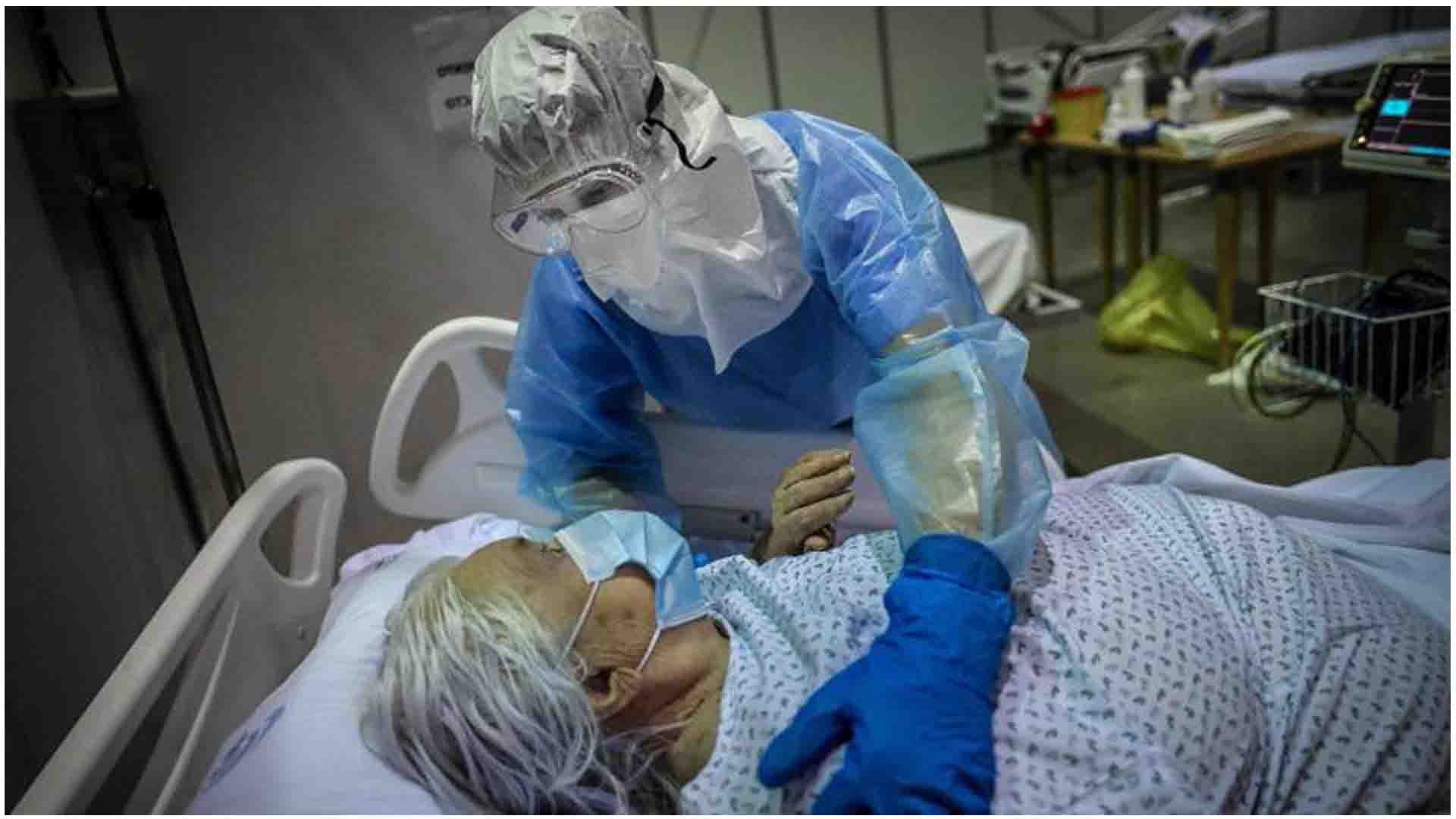An older woman’s oestrogen levels may be linked to her chances of dying from COVID-19, with higher levels of the hormone seemingly protective against severe infection, suggests research published in the open access journal BMJ Open.
It may be worth exploring supplemental hormone treatment to curb the severity of COVID-19 infection in women who have already gone through the menopause, say the researchers.
Women seem to have a lower risk of severe COVID-19 infection than men, even after accounting for potentially influential factors. And this is also true of other serious recent viral infections, such as MERS (Middle East Respiratory Syndrome).
It has been suggested, therefore, that oestrogen may have a role in this gender discrepancy. To explore this further, the researchers compared the potential effects of boosting and reducing oestrogen levels on COVID-19 infection severity.
They drew on national data from the Swedish Public Health Agency (all those testing positive for SARS-CoV-2); Statistics Sweden (socioeconomic factors); and the National Board of Health and Welfare (causes of death).
In all, 49,853 women were diagnosed with COVID-19 between 4 February and 14 September 2020 in Sweden, 16,693 of whom were aged between 50 and 80.
The study sample included 14,685 women in total: 227 (2%) had been previously diagnosed with breast cancer and were on oestrogen blocker drugs (adjuvant therapy) to curb the risk of cancer recurrence (group 1); and 2535 (17%) were taking hormone replacement therapy (HRT) to boost their oestrogen levels in a bid to relieve menopausal symptoms (group 2).
Some 11,923 (81%) women acted as the comparison group as they weren’t on any type of treatment, either to enhance or reduce their systemic oestrogen levels.
Analysis of all the data showed that compared with no oestrogen treatment, the crude odds of dying from COVID-19 were twice as high among women on oestrogen blockers (group 1), but 54% lower among women on HRT (group 2).
After accounting for potentially influential factors, such as age, annual disposable income, educational attainment, and coexisting health conditions, the odds of dying from COVID-19 remained significantly lower (53%) for women on HRT (group 2).
Unsurprisingly, age was significantly associated with the risk of dying from COVID-19, with each extra year associated with 15% greater odds, while every additional coexisting condition increased the odds of death by 13%.
And those with the lowest household incomes were nearly 3 times as likely to die as those with the highest.
This is an observational study, and as such, can’t establish cause. There were no data on the precise doses of HRT or oestrogen blocker drugs, or their duration, nor on weight or smoking, while the number of women in group 1 on adjuvant therapy was relatively small.
These factors may have been influential. But the researchers conclude: “This study shows an association between oestrogen levels and COVID-19 death. Consequently, drugs increasing oestrogen levels may have a role in therapeutic efforts to alleviate COVID-19 severity in postmenopausal women and could be studied in randomised control trials.”

 It May be worth exploring hormone therapy to reduce infection severity, say, researchers
It May be worth exploring hormone therapy to reduce infection severity, say, researchers






.jpeg)







.jpeg)






.jpeg)









.jpg)


.jpg)
